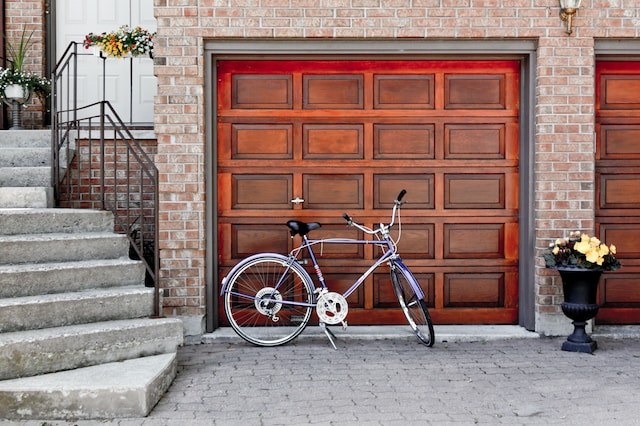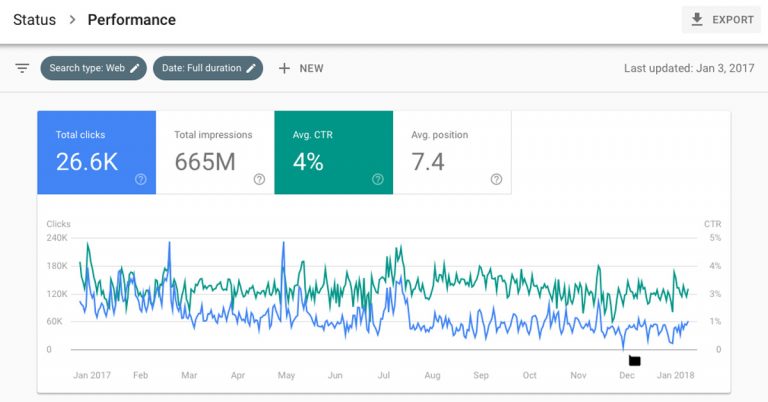What Are the Different Types of Garage Doors? Exploring Your Options

Garage doors arrive in diverse styles, materials, and designs, giving homeowners an expansive range of options. As one of the most visible features of a home’s exterior, the type of garage door you select can significantly impact your property’s curb appeal and overall aesthetics. Additionally, diverse types of garage doors offer varying levels of functionality, insulation, security, and maintenance requirements. We will explore the different kinds of garage doors available in the market, providing insights into their characteristics, advantages, and considerations to help you make an informed decision for your home.
Different kinds of garage doors
- Sectional Garage Doors
Sectional garage doors are the most common type of garage door used in residential properties. They consist of horizontal panels hinged together and move along tracks to open and close. When the door is in the closed position, the panels stack vertically, parallel to the ceiling, maximizing the available overhead space in the garage.
Advantages:
- Space-saving design: Sectional doors do not swing outward like traditional hinged doors, making them ideal for properties with limited driveway space.
- Excellent insulation: Many sectional doors come with foam insulation or thermal barriers, providing energy efficiency and better climate control in the garage.
- Versatility: Sectional doors are available in various materials and designs, allowing homeowners to choose a style that complements their home’s architecture.
- Smooth operation: The track system ensures smooth and quiet door movement during operation.
Considerations:
- Professional installation: Due to their complex track system and counterbalance mechanisms, sectional doors require professional installation.
- Cost: Sectional doors may be more expensive than others, but they offer superior insulation and durability.
- Roll-Up Garage Doors
Roll-up garage doors, or coiling or rolling steel doors, consist of horizontal slats or panels that coil into a barrel when opened. These doors are commonly utilized in commercial and industrial settings but are also qualified for residential garages.
Advantages:
- Space-efficient: Roll-up doors are ideal for garages with limited headroom or those scrutinizing to maximize vertical space.
- Security: The interlocking slats and durable materials provide excellent security against intruders.
- Low maintenance: Roll-up doors are relatively low maintenance and can withstand harsh weather conditions.
- Customizable: Homeowners can choose from various colors, finishes, and slat designs to match their home’s exterior.
Considerations:
- Limited design options: Roll-up doors may offer a different variety of design choices than other types of garage doors.
- Professional installation: Similar to sectional doors, roll-up doors require professional installation due to their complex mechanisms.
- Swing-Out Garage Doors
Swing-out, carriage-style garage doors harken back to the charm of traditional carriage-house doors. They open outward like double doors and are generally composed of wood or wood composite materials.
Advantages:
- Aesthetics: Swing-out doors obtain classic elegance and charm to the home’s exterior.
- Customization: Homeowners can choose from diverse wood types, stains, and decorative hardware options to achieve their desired look.
- Durability: High-quality wood and proper maintenance can make swing-out doors highly durable.
Considerations:
- Space requirement: Swing-out doors require adequate space in front of the garage to open fully, which may need to be more practical for homes with limited driveway space.
- Maintenance: Wood doors require regular maintenance, such as staining and sealing, to protect them from the elements.
- Cost: Swing-out doors can be more expensive than other types due to their custom designs and wood materials.
- Slide to the Side Garage Doors
Slide to the side, or sideway sliding, garage doors operate by sliding along a track on one side of the garage. They are an excellent option for garages with limited headroom or unique architectural requirements.
Advantages:
- Space-efficient: Sideway sliding doors do not require headroom like overhead doors, making them suitable for garages with low ceilings or obstructions.
- Easy access: They allow for partial opening, providing easy pedestrian access without fully opening the door.
- Low maintenance: Sideway sliding doors have a simple design, resulting in lower maintenance requirements.
Considerations:
- Track maintenance: The track on which the door slides mandates regular cleaning and lubrication to ensure smooth operation.
- Exterior clearance: For proper door operation, there must be enough space along the garage’s exterior for the door to slide.
Choosing the right garage door type for your home involves considering space availability, aesthetic preferences, insulation needs, and budget. Each type of garage door comes with its own set of advantages and considerations, catering to various requirements and design preferences. Ultimately, the ideal garage door type will depend on your needs, home design, and personal preferences.
Consulting with a professional garage door provider can help you explore your options and make an informed decision that enhances the functionality and aesthetics of your home. Prompt and reliable garage door repair in Langley is essential to ensure their garage door’s safety, security, and smooth operation.






